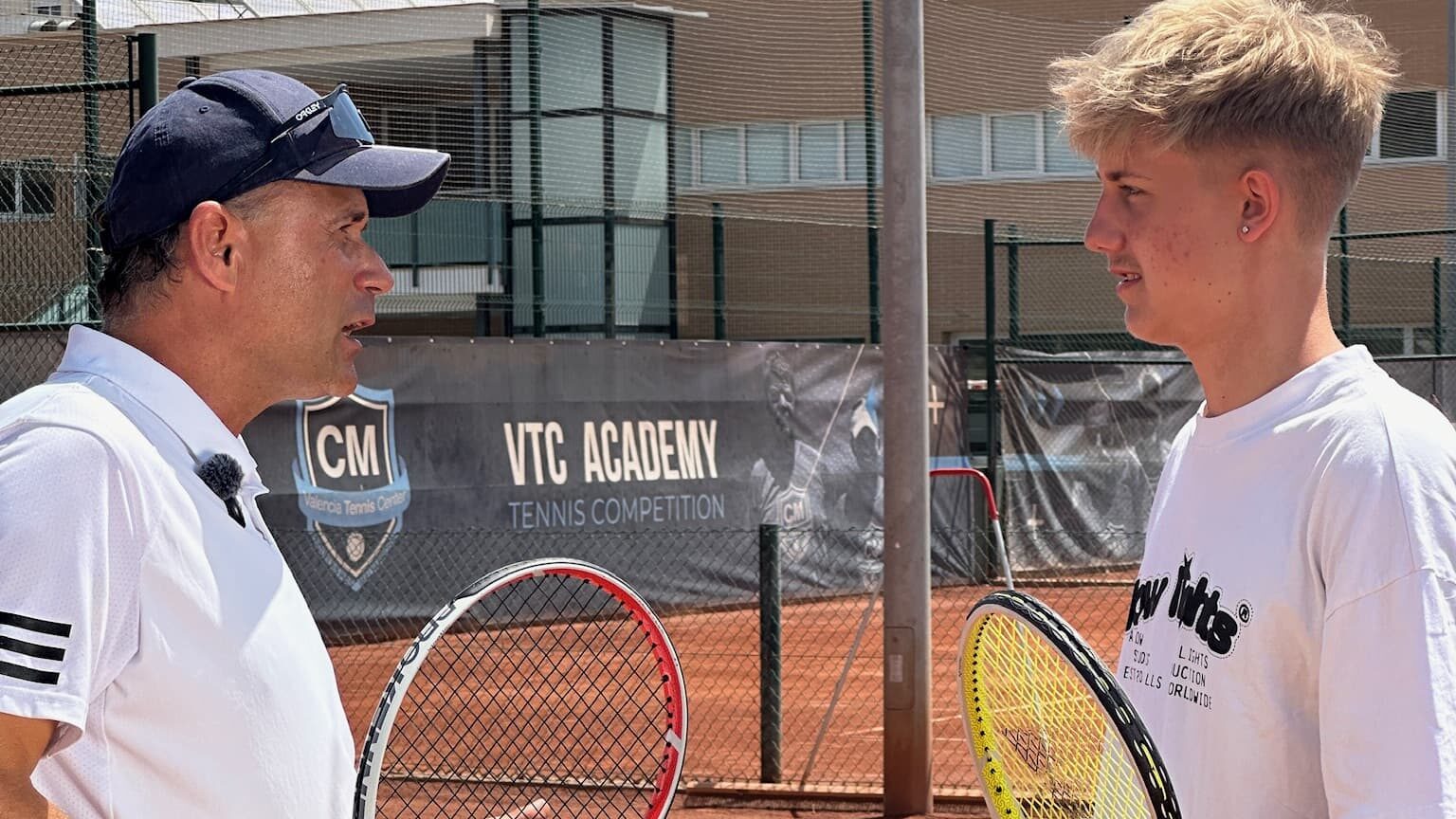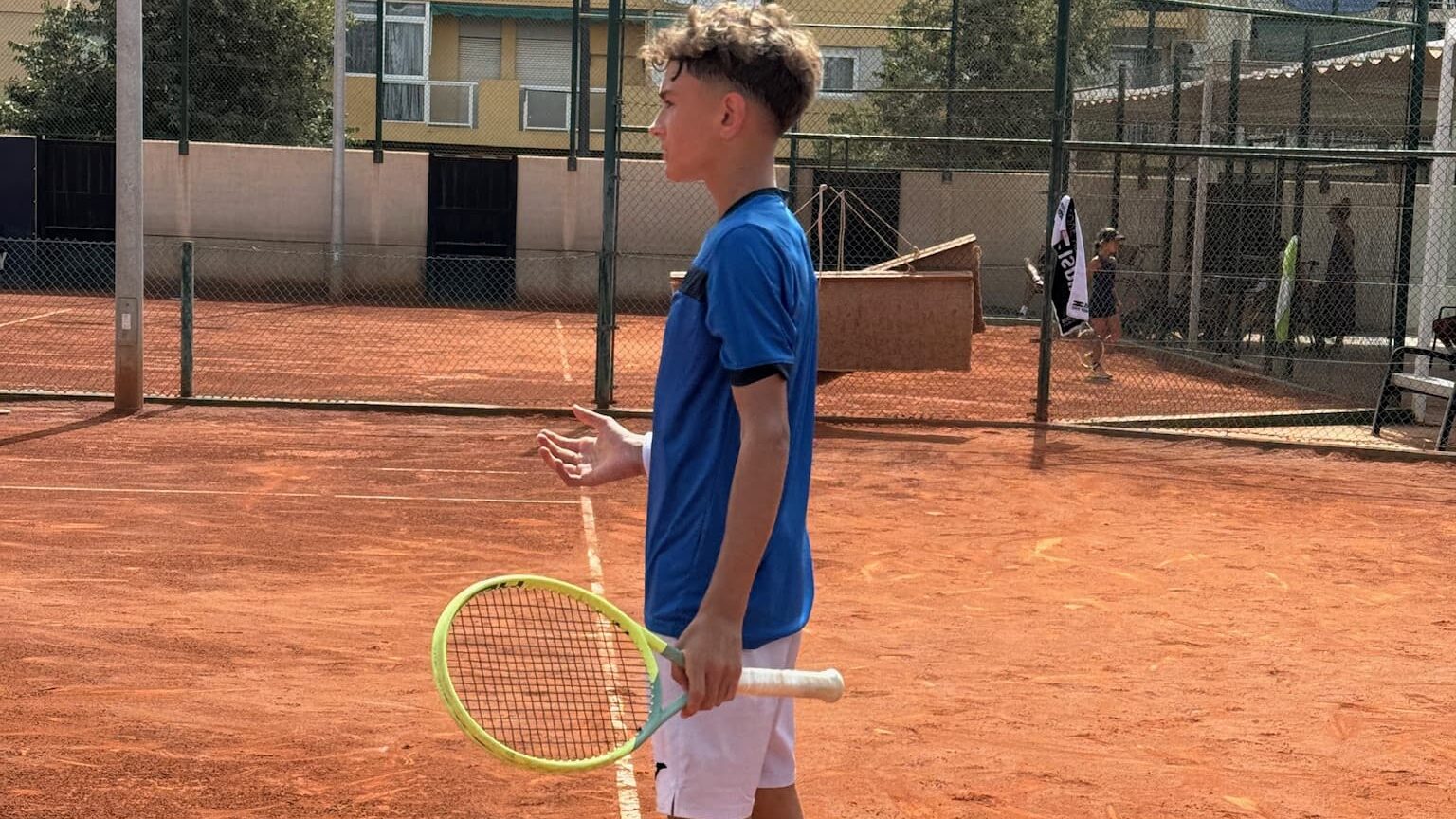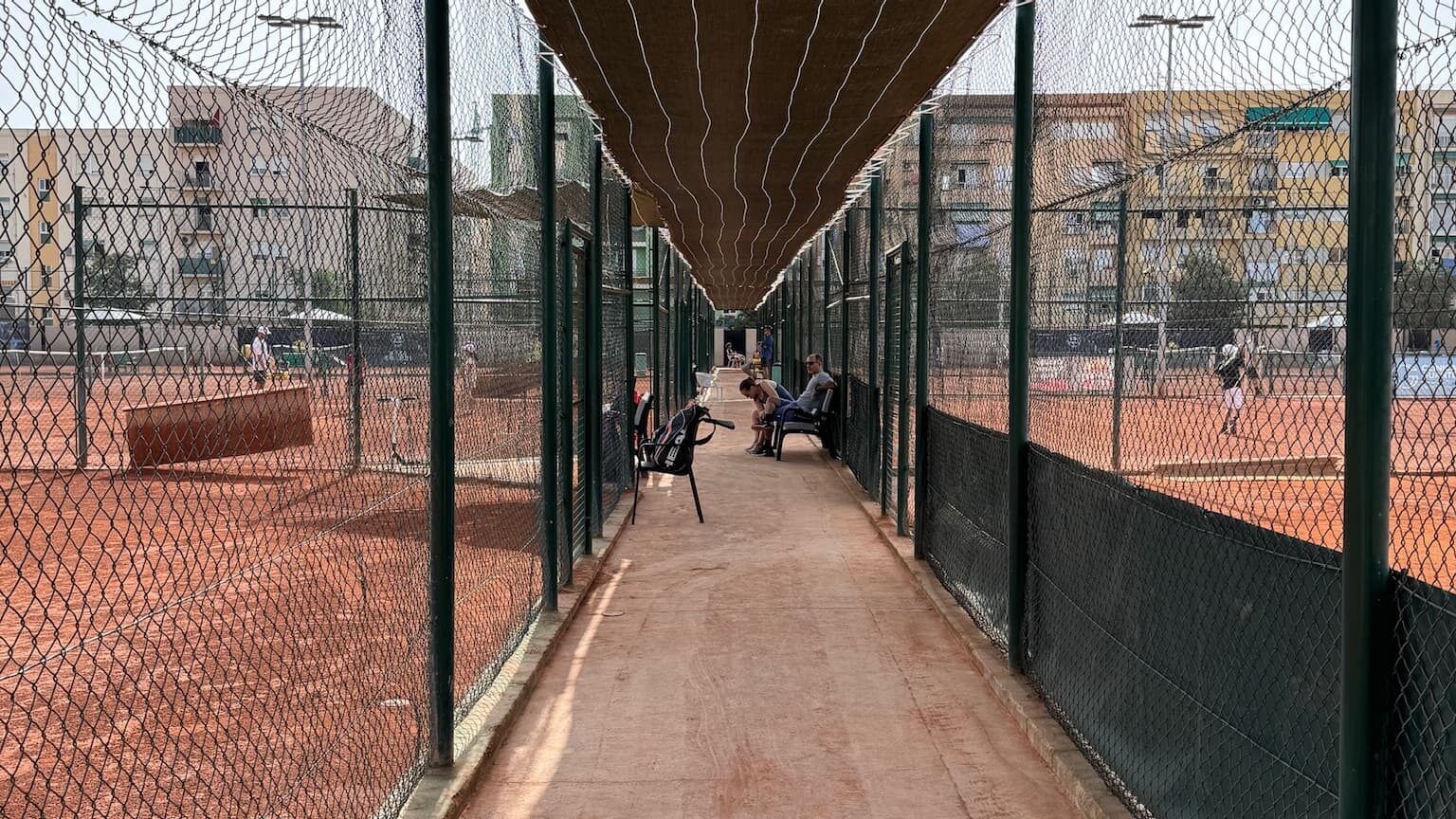Father’s motivation in the parking lot
One ordinary afternoon, in the parking lot of the tennis club after practice, I witnessed a conversation that left a deep impression on me. A father with passion born of love and concern was talking to his young son. His words were somewhat unusual, but full of conviction. “At your age, kids who go to school and take art and singing lessons are weak and can’t achieve anything in life. If you devote yourself to the sport, you will become strong and overcome the difficulties you may encounter on the tennis court.”
That scene was disturbing. As an athlete and musician, I wanted to reflect on the message this father was giving his son. Is this claim valid? Did he really find an effective way to motivate his son? More importantly, where did this belief come from? What reading or experience led him to this idea?
Motivation is a powerful tool, and the father’s intentions seem noble. He wants his son to be strong, resilient, and able to face adversity. However, the underlying message suggests that this strength can only be gained through sports, and that other activities, such as study, art, and music, are seen as useless and for the weak. This narrow perspective raises many questions about the formation of beliefs and their impact on a child’s education and development.

Modern psychology and child development research emphasize the importance of a balanced approach to parenting and education. Children need to develop not only physical skills but also emotional, intellectual, and social abilities. Activities such as music and art promote creativity, emotional expression, and complex cognitive skills. To say that these activities are for the weak is not only wrong, but can be harmful.
What motivates a father to take such an extreme position? Perhaps social pressure or personal past experiences have influenced his perception. Perhaps he has found refuge or a way to overcome difficulties through sports. But is it fair to project these personal experiences onto a child and limit his overall development?
By enforcing this perspective, fathers risk depriving their sons of a rich and varied education. Sports are undoubtedly fundamental to physical and mental development, teaching discipline, teamwork, and resilience. But this should not come at the expense of other important areas. How will this affect the child’s self-esteem? How will it affect his perception of others who do not share this perspective?

The question of where these beliefs come from is important. Parents constantly seek the best for their children and often rely on their own experiences or sources of information they consider trustworthy. In some cases, they may be influenced by coaches, authority figures, or popular culture that glorifies certain achievements over others. However, it is essential that these influences be balanced and based on a comprehensive understanding of human development.
Listening to my father’s words in the tennis club parking lot made me question the responsibility we as adults have to shape our youth. While the intention to motivate and strengthen is commendable, the approach is crucial. What happens when motivation is based on denigrating other paths and skills? Are we truly helping our children become strong and resilient? Or are we simply creating a distorted view of what it means to be successful and strong?

This father clearly wants his son to succeed. However, his methods may be based on a limited understanding of what constitutes true strength and success in life. The question we need to ask ourselves is: How do we guide our children to develop comprehensive strength that encompasses body, mind, and spirit?
This article is not intended to provide definitive answers or advice. Rather, it is intended to open a space for reflection on how to influence and motivate future generations. Every parent must critically evaluate the source of their methods and beliefs and ask themselves whether they are truly providing balanced and constructive support.
The conversation in the tennis club parking lot reminds us of the powerful influence parents have on the formation of their children. I urge all readers to reflect on their own methods and beliefs. Are we limiting our children by unintentionally imposing our own experiences and fears on them? Or are we opening the door to a world full of possibilities where they can fully develop?
The answers to these questions are not simple and will vary from family to family and situation to situation, but it is important to continue to question and evaluate our strategies to ensure that we are guiding our children to a strong, balanced, and full of possibility future.
An In-Depth Look at Parental Influence
As we reflect on this incident, we must consider the broader implications of this approach to motivation. The belief that one path is superior to all others can have lasting effects on a child’s mind and overall development. It is important to understand that children are unique individuals with their own interests, strengths, and potential. By forcing children into a single mold, we risk stifling their growth and creativity.
Parental influence is a double-edged sword. On the one hand, it provides the guidance and support necessary for the child’s development. On the other hand, it can impose excessive pressure and unrealistic expectations. How can parents strike the right balance?

One way is through open communication and observation. Parents should take the time to understand their children’s interests and passions. Encouraging exploration and providing opportunities in a variety of fields can help children discover their true calling. Whether it’s sports, music, academics, or the arts, each field provides valuable lessons and skills that contribute to a well-rounded individual.
Another important aspect is the attitude and beliefs of the parents. Self-reflection is important. Parents should ask themselves why they have certain beliefs and whether they are based on facts or personal bias. Understanding that success and strength come in many forms is important in providing balanced guidance.
The role of external influences
It is also important to consider the role of external influences such as coaches, teachers, and peers. These figures often have a significant impact on a child’s development and can reinforce or challenge parental beliefs. A good coach or teacher can provide a more balanced perspective, emphasizing the importance of a variety of skills and experiences.
However, not all external influences are positive. Some may perpetuate a narrow view of success by emphasizing competition over cooperation or physical ability over intellectual and emotional development. It is important for parents to be involved and critically evaluate the messages their children receive from these sources.

Long-term consequences of a narrow motivation strategy
The long-term consequences of narrow motivational strategies can be significant. Children who are taught to value certain activities or interests low can develop a limited view of themselves and others. This can lead to problems such as low self-esteem, lack of empathy, and failure to recognize diverse talents and perspectives.
Moreover, this approach can hinder children’s ability to cope with failure and adversity. When success is defined in strict terms, any deviation from this path is seen as failure, which can lead to frustration and discouragement. Teaching children to value effort, resilience, and continuous learning in any field is essential to their overall well-being and success.
Encourage a growth mindset
One of the most effective ways to foster a balanced and positive approach to motivation is to encourage a growth mindset. This concept, developed by psychologist Carol Dweck, emphasizes the belief that abilities and intelligence can be developed through effort, learning, and perseverance. By encouraging a growth mindset, parents can help their children see challenges as opportunities for growth rather than threats to their self-esteem.
Encouraging a growth mindset involves praising effort over natural talent, celebrating progress over results, and teaching children to embrace challenges and learn from mistakes. This approach not only increases children’s resilience and adaptability, but also helps them develop a more holistic and appreciative perspective on a variety of skills and activities.
Reflections on Parental Influence and Motivation
The conversation in the tennis club parking lot is a powerful reminder of the impact that parental beliefs and strategies can have on a child’s development. While the intention to motivate and support is commendable, the approach must be carefully considered. A balanced, comprehensive, and reflective approach to motivation can help children grow into well-rounded, resilient, and successful individuals.
As we continue to navigate the complexities of parenting and influence, it is important to be open to new ideas, question our own beliefs, and commit to the holistic development of our children. By doing so, we can guide them to live full, balanced lives, not just success in a single area.
Let us all take a moment to reflect on our methods and beliefs as parents, mentors, and influencers. Are we providing our children with the balanced and constructive support they need? Are we encouraging them to explore and develop their unique talents and interests? Most importantly, are we helping them to become not only successful but also happy, fulfilled, and well-rounded individuals? The answers to these questions will shape the future of our children and ultimately the future of our society.






